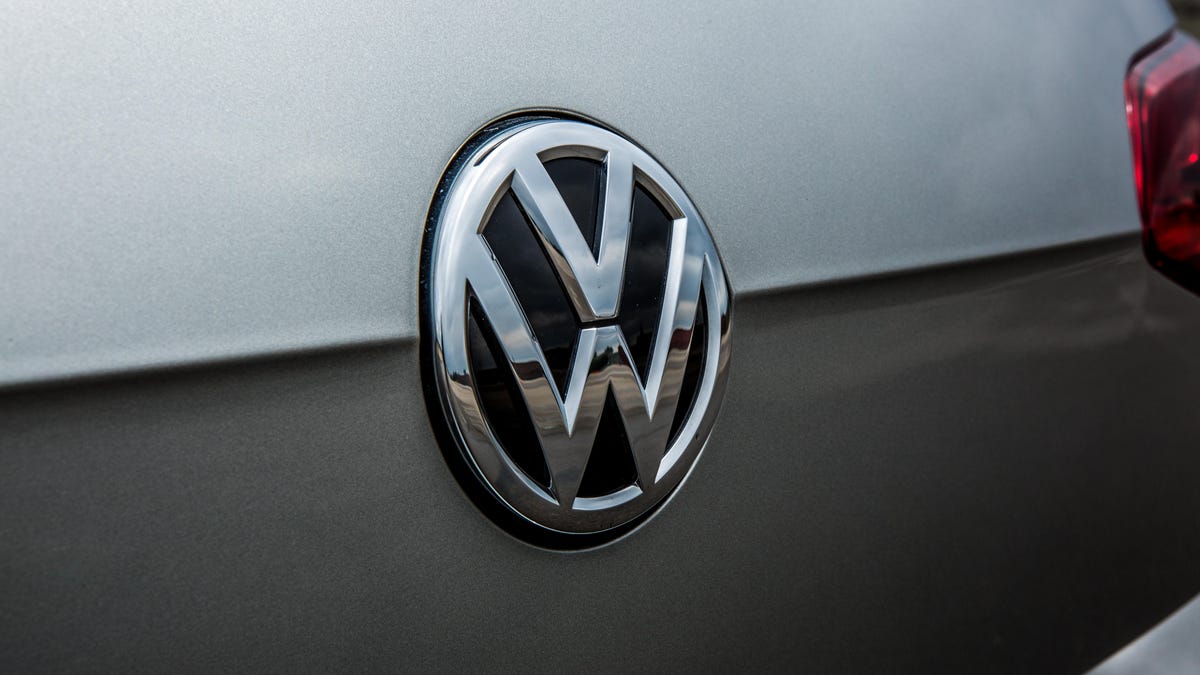Volkswagen to stop selling most of its vehicles in South Korea
This makes the diesel stop-sale in the US seem like a small hiccup.

Volkswagen probably won't have to shell out $15 billion in South Korea, as it did in the US as part of its Dieselgate settlement.
When Volkswagen admitted to willfully deceiving emissions testers around the world with its diesel vehicles, it immediately placed a stop-sale on its new cars in the US. It hasn't yet lifted that, nor has it sought to certify its latest models for sale. In South Korea, the company's taking it one step further, suspending sales of most of its models.
VW's decision to hold off on selling most of its new cars in South Korea comes after months of poor sales, Reuters reports. In the first half of 2016, sales in the country dropped by 33 percent. "We have decided to suspend sales of the affected models to reduce confusion among dealers and customers," a VW spokesman told Reuters.
South Korea's been taking VW's diesel malfeasance very seriously. Last month, a local Volkswagen executive was arrested, and the country's environment ministry is mulling an actual ban on VW Group sales, which would include Audi and Bentley vehicles. Over 30 vehicles may have their certification revoked, and recertification could take months.
Volkswagen ended up in this position after it admitted to installing software meant to curtail emissions only in lab-testing environments. Out on the road, its diesels would pollute well in excess of legal limits. South Korean prosecutors have accused the company of faking documents for both emissions and noise-level tests, as well.

